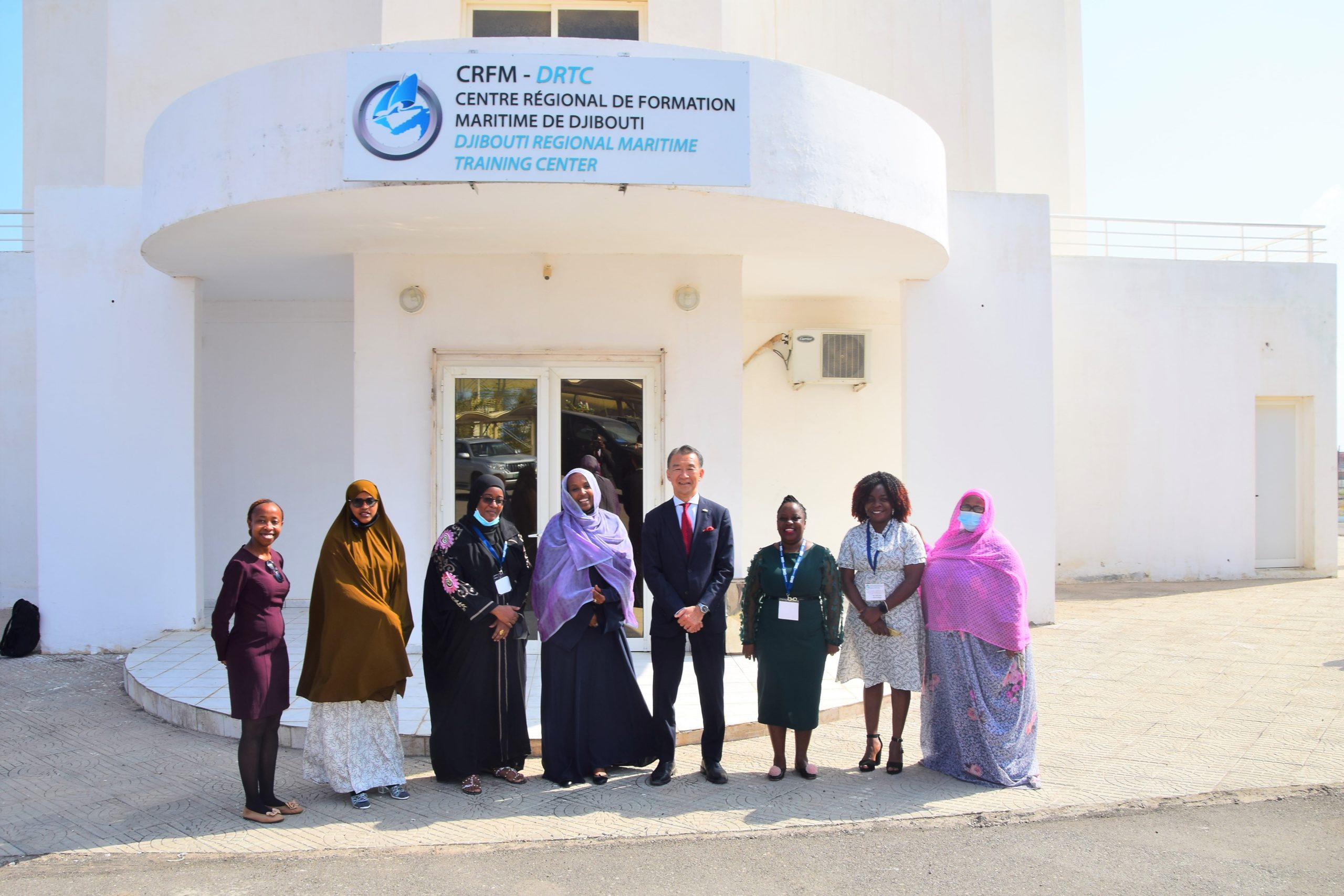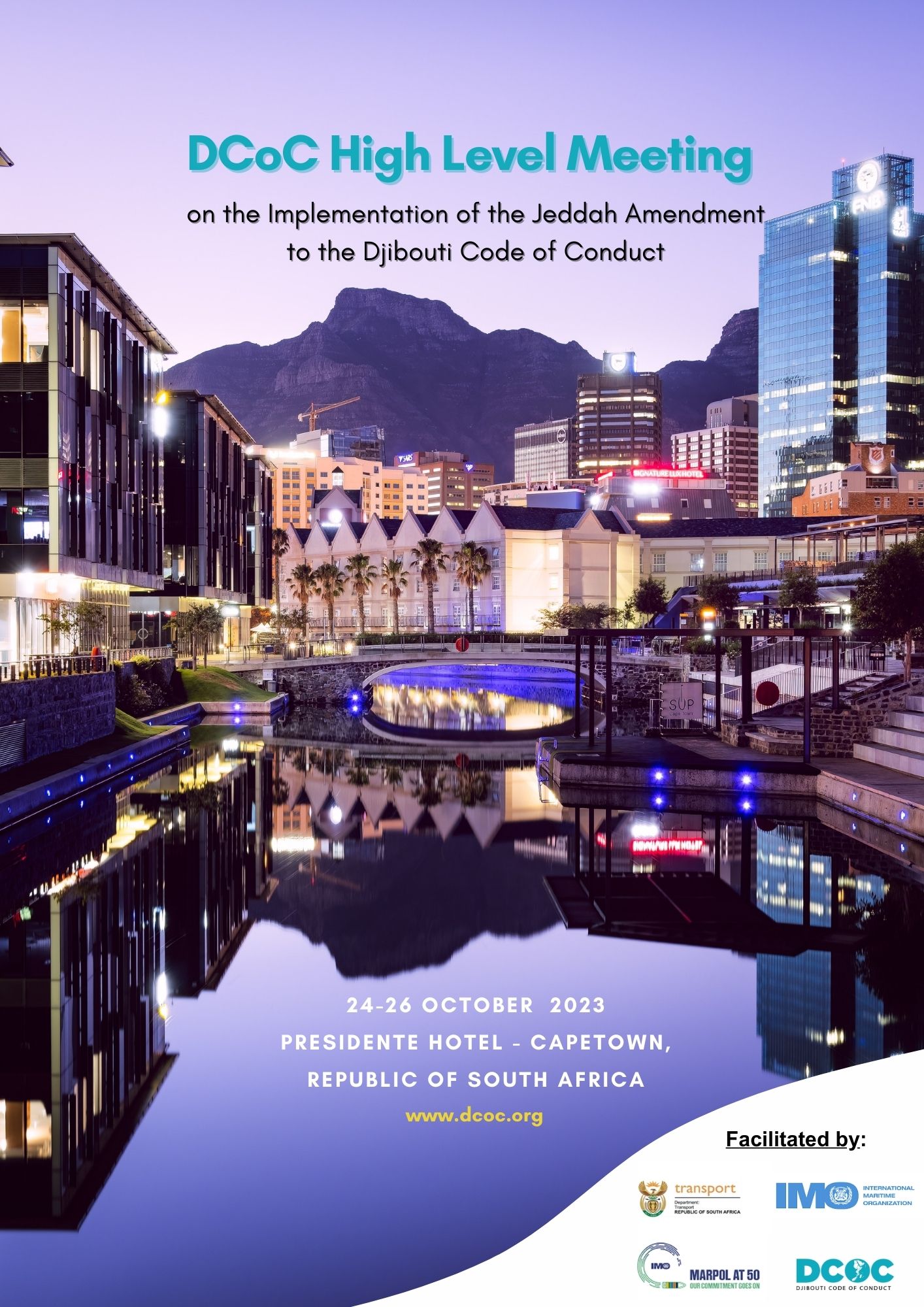Women in Maritime
The gender equality gap is a prevalent aspect in the maritime industry. Statistics show that women make up 2-3% of the workforce, which is traditionally male dominated. It is against this background that the International Maritime Organization (IMO) initiated its Women in Maritime programme in 1988, in a bid to support gender equality and the empowerment of women through different initiatives based on training, mentorship and networking opportunities. Other industry stakeholders have created policies and launched similar initiatives to close the existing gaps and integrate women into the sector, but this has not been without serious impediments.
Underrepresentation, lower pay compared to their male colleagues and open discrimination are some of the threats to gender equality in the sector, with the current Covid-19 pandemic exacerbating these inequalities. To counter these problems, IMO’s gender programme provides gender-specific fellowships to women; promotes policies that ensure equity, safe and decent working conditions for all who work in the sector; provides an environment where women are recognized and nominated for career development opportunities in maritime training institutes ports and maritime administrations.
IMO has facilitated the creation of professional networks to improve gender balance in the shipping industry. Under IMO’s auspices, seven Women in Maritime Associations (WIMAs) have been established in Africa, Arab States, Asia, the Caribbean, Latin America and the Pacific, covering some 152 countries and dependent territories and 490 participants.
IMO is strongly committed to helping its Member States achieve the UN 2030 Agenda for Sustainable Development and the 17 Sustainable Development Goals (SDGs), particularly SDG 5 “Achieve gender equality and empower all women and girls”.
“Empowering Women in the Maritime Community” was selected as the World Maritime Day theme for 2019. This provided an opportunity to raise awareness of the importance of gender equality, in line with the SDGs, and to highlight the important contribution of women all over the world to the maritime sector. Throughout the year, IMO worked with various maritime stakeholders to help create an environment in which women are identified and selected for career development opportunities in maritime administrations, ports and maritime training institutes and to encourage more conversation for gender equality in the maritime space. The Women in Maritime programme pushed forward with numerous activities, including premiering the film, Turning the Tide, launching the online profiles of women in the maritime sector and providing support to the Women in Maritime Associations (WIMAs) launched through the programme. At the end of 2019, the IMO Assembly adopted Resolution A11.47 (31), urging further firm action in coming years to advance gender equality throughout the maritime sector and reach a barrier-free environment.
The Organization’s efforts to mainstream gender are reinforced through IMO’s global maritime training institutions, which have seen the number of female graduates increase steadily over the years. More than 1,000 women have graduated from the World Maritime University (WMU) since its inception in 1983. Moreover, the IMO International Maritime Law Institute (IMLI) was the first UN body to include in its Statute a requirement that 50% of its places be reserved for women.
Earlier this year, IMO and WISTA International launched the Women in Maritime – IMO and WISTA International Survey 2021, to examine the proportion and distribution of women working in the maritime sector, from support roles to executive level positions. The survey is intended to help build a picture of diversity and gender equality in the industry. In addition, to being a marker of our progress, the data will identify any gaps in areas that should be addressed by policy, including training, recruitment and retention.

Gender equality and the DCoC
The IMO-funded Djibouti Code of Conduct/Jeddah Amendment project has seen more women join in to support maritime security efforts in the region, but the integration rate has been as evidently sluggish regionally, as it has been globally. The DCoC has taken a strategic approach towards enhancing the contribution of women as key maritime stakeholders. During the DCoC high-level Conference on Sustainable Maritime Development: Towards 2030 and Beyond, held in Jeddah, Saudi Arabia, from 5 to 7 November 2019, it was agreed that creating equal opportunities for women in the maritime sector in not only the right thing to do but that it also makes good commercial sense.
Going forward, strategic partnerships are planned under the DCoC project with IMO WIMAs in Africa, such as WOMESA and WIMOCA, as well as WISTA national chapters in the region. These partnerships will play an important role helping IMO reach out to women in the maritime industry through the project.
(Read the 2023 accounts of International Day for Women in Maritime in South Africa and Tanzania)


